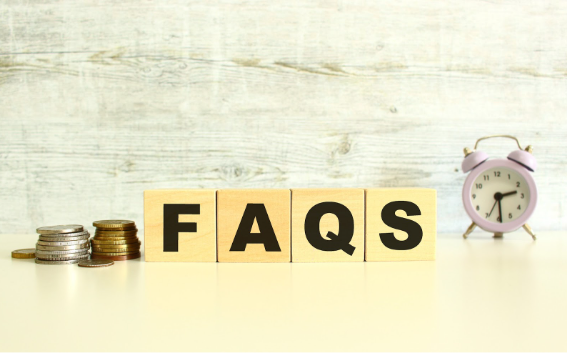
Debt Collection Questions and Answer
Dealing with debt collectors can be stressful, confusing, and sometimes even intimidating. If you’re in Canada and find yourself facing debt collection, there are rules, rights, and options you should know about. That’s why we’ve put together this list of FAQs. Whether you’re wondering how to verify a debt collection agency or you’re concerned about your rights, we’ve got you covered. Keep reading to get the answers you need and gain some peace of mind.
What is debt collection and how does it work?
Debt collection is the process where companies try to get back the money you owe them. In Canada, this process has specific rules. Usually, a debt collector will contact you by phone or mail to discuss how you can repay what you owe. They can’t harass you or contact you at unreasonable times, and they must follow Canadian laws on how to collect debts. If you’re contacted by a debt collector, it’s important to know your rights and how you can handle the situation.
What are my rights when dealing with debt collectors in Canada?
In Canada, you have specific rights when dealing with debt collectors. For instance, they can’t call you at unreasonable hours, usually restricted to 7 a.m. to 9 p.m. on weekdays. They also can’t use threatening or abusive language. Debt collectors are required to send you written notice before they start calling you, and they must clearly identify themselves when they do. Also, they cannot contact your friends, family, or employer about your debt without your permission. Knowing your rights can make the debt collection process less stressful and help you take control of the situation.
How long can a debt collector pursue an old debt?
The time a debt collector has to pursue an old debt depends on the province’s statute of limitations. Generally, it’s between two to six years. After this period, collecting the debt becomes much harder for them. However, acknowledging the debt or making a payment can reset the clock on the statute of limitations. It’s crucial to be aware of these time frames so you don’t inadvertently extend the time a collector can come after you.
Can debt collectors garnish my wages?

Yes, debt collectors can garnish your wages, but they usually need a court order to do so. This means they have to sue you, win the case, and then they can take a portion of your paycheck to satisfy the debt. However, there are limits on how much can be garnished, and certain types of income, like social assistance or pension, are typically exempt from garnishment.
Can a debt collector contact my employer or family members?
Debt collectors are generally not allowed to contact your employer, family, or friends about your debt unless you’ve given them explicit permission to do so or they need to verify your employment, location, or phone number. Even then, they are not allowed to discuss the details of your debt with anyone other than you or a co-signer.
Can a debt collector take me to court?
Yes, a debt collector has the right to take legal action against you if you fail to pay your debt. If you’re sued, it’s crucial to respond by the date specified in the court documents to preserve your rights. Ignoring a lawsuit can result in a default judgment, which could lead to wage garnishment or asset seizure.
How do I report debt collection harassment?
If you’re experiencing harassment from a debt collector, you can report it to your provincial or territorial consumer protection agency. Keep records of all interactions, including dates, times, and details of the conversations. A formal written complaint can also be filed, detailing the harassment you’ve experienced. Some people also choose to consult with an attorney for legal advice.
How do I dispute debt collection?
To dispute a debt collection, send a written “dispute letter” to the debt collection agency within the time frame specified by your jurisdiction. Make sure to keep copies of all correspondence. In this letter, specify why you believe the debt is incorrect and request verification of the debt. They’re required to halt collection efforts until they’ve provided this verification.
Does debt collection hurt your credit?
Yes, having a debt in collections can significantly impact your credit score. It’s considered a serious delinquency and can stay on your credit report for up to six years, depending on your jurisdiction. This can make it hard to get approved for new loans or credit.
Can I give a debt collector my social insurance number?
In Canada, you’re not required to give your Social Insurance Number (SIN) to a debt collector. Be cautious about sharing personal information, especially if you’re unsure about the legitimacy of the collection agency. Always verify their credentials before proceeding with any financial discussions.

Get Help Now
Tackling your debts doesn’t have to be a solo journey, nor do you have to wait for the stressful situation of debt collection to take action. At EmpireOne Credit, our team of debt experts is dedicated to guiding you through the complexities of managing your financial obligations. With our help, you could see your debt reduced by up to 80%, and interest will stop immediately. Don’t let the heavy burden of debt press you down any longer. Take control of your financial future today by scheduling a free consultation with us. Give us a call at (416) 900-2324, and let’s assist you on your way to financial freedom. Being debt-free feels good!





